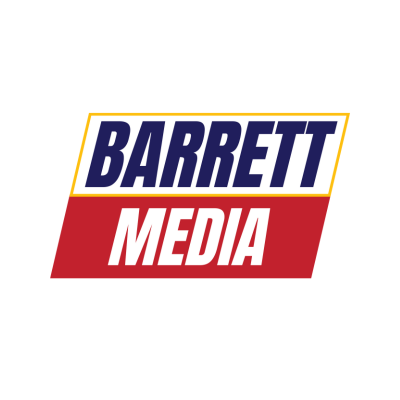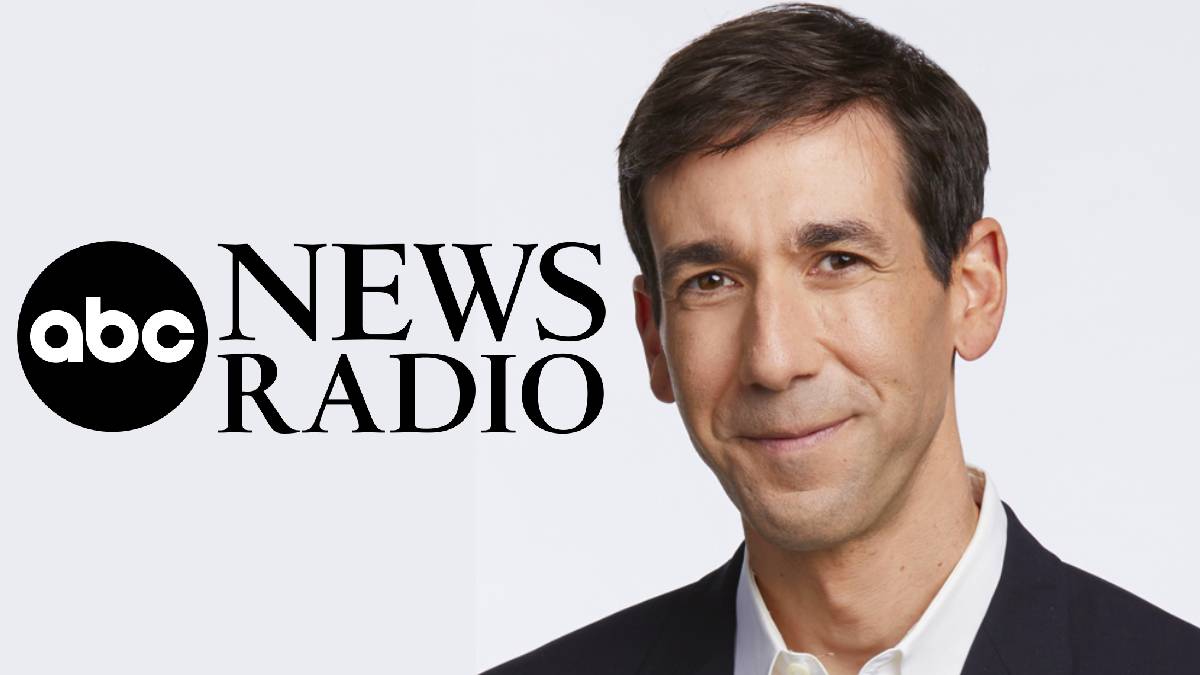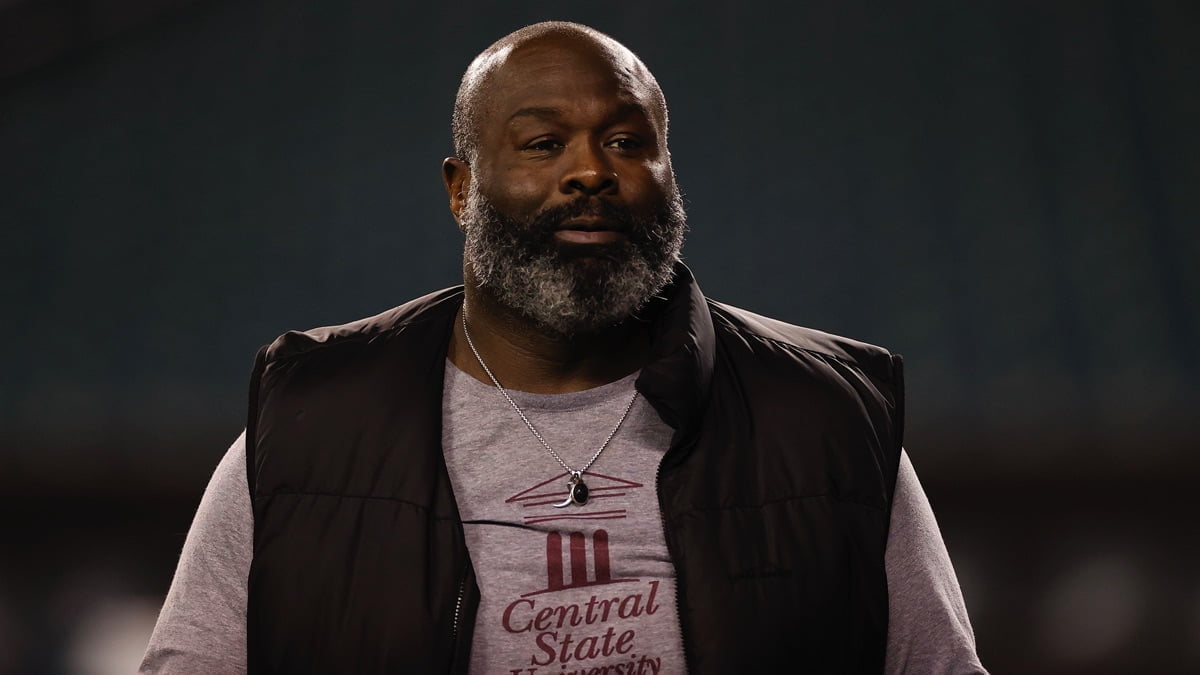When Hamas militants snuck into Israel and killed hundreds nearly two weeks ago, network newsrooms worldwide sent some of the most qualified people to the Middle East to cover the story. Americans didn’t have to wait too long to understand the atrocities being carried out by ruthless terrorists as platforms like X and TikTok were showing videos and pictures of the violence almost in real-time. Blending storytelling with our present-day media environment has seized the public’s interest. Veteran journalists with extensive experience in the field, such as Aaron Katersky, a senior investigative reporter and correspondent at ABC News, have not only observed these transformations but also adeptly adjusted to them.
Katersky has reported on Middle East conflicts on two distinct occasions, initially in 2003 when he embedded with the Marines in Iraq. Subsequently, he has embarked on numerous missions to Baghdad and Afghanistan, consistently delivering reports from the frontlines of conflicts between Israel and the Palestinian territories.
Aaron Katersky began his journalism career at 15 by covering school board meetings in Marshfield, Massachusetts. After graduating from Syracuse University, he worked at an AM station in Western New York, where he met Ken Charles. Later, Charles moved to NewsRadio 740 KTRH in Houston and eventually brought Katersky with him. In Houston, he would catch the attention of ABC News Radio executives.
Throughout his career, Aaron Katersky has won numerous awards, including Edward R. Murrow and Emmy awards, which he credits to his commitment to simplicity. His success can be attributed to the valuable advice he received while reporting on a plane crash – “Describe what you see and nothing else.” This guiding principle remains his mantra even today.
In a conversation with Barrett News Media, Aaron Katersky talks about the influence of social media on war coverage in the Middle East. He also shares the most significant break he received in his career, how ABC News Audio is managing the digital transition, and explains how he honed his storytelling skills.
Ryan Hedrick: As someone who has previously covered conflicts in the Middle East, what are your thoughts on the media coverage of the situation in Israel?
Aaron Katersky: I’ve covered two wars in Israel. It’s heartbreaking. That’s the only thing you can feel. My colleagues there are doing Yeoman’s work, bringing visceral, powerful stories to life. It can be challenging operating in those environments. I tip my hat to how compelling they (war correspondents) have been, but above all, it’s heartbreaking to watch.
RH: How do you overcome fear when reporting in a war zone?
AK: For me, you focus on the stories and try to take as much of yourself out of it. You will be impacted by the emotions and the horror around you, which will undoubtedly seep into your perceptions and how you deliver, but I’ve never really felt like my feelings mattered; it’s the people you meet and the stories you encounter. Taking the reporter out and putting people in is the best way.
RH: Have you been intrigued by the evolution of war coverage, particularly with the advent of social media and the ability to witness events in real time?
AK: It intrigues, it enhances, and it also frightens because things that are said to be confirmed via social media need some checking, and it’s not always easy, particularly in war zones, to verify everything that you see. We have an amazing team (at ABC News); I wonder if they’ve slept since the war kicked off in Israel to try and verify some of that.
It’s even more incumbent upon us, what you might call more traditional media, to try and take an extra step and verify everything we see. Sometimes, we get criticized for not reacting quickly enough to what might be evident to some, but I think it’s incumbent upon us to make sure that it’s right. We will never compete speed-wise with social media, but we can bring an honest assessment, and that’s truly our value.
(During our conversation, I mentioned Russian paratroopers filming themselves during the first days of the invasion of Ukraine. I told Aaron it looked like a scene from a movie).
AK: It’s also straight out of a propaganda play, and that is where social media also becomes dicey. Those images are often released and are entirely compelling because we’ve never seen that kind of image before. On the other hand, sometimes a pause to say, ‘What, why am I being shown this?’
When Tori Clarke (former Pentagon Spokeswoman), in her infinite wisdom, brought embedded reporters into Iraq to see things that had not been seen, it was incredibly powerful storytelling. It also had its value for the Pentagon, and those things are sometimes cut both ways. I’ll grant you the images (coming out of Israel) are stunning.
RH: Where did you begin your career as a reporter?
AK: WATD Radio in Marshfield, Massachusets. It’s a small, family-owned, full-service radio station that does everything from high school football, accepts mainly local ads, and covers about 12-15 small communities south of Boston and Cape Cod. I was handed a microphone and a tape recorder and asked to cover school board meetings.
RH: What was your objective when you first started in the radio industry?
AK: I think I was 15 years old; my goal was to get to school on time (laughs). I didn’t have any larger aspirations at that point. I just wanted to find a story and get it filed. Those are the stories that you learn matter to people.
In Massachusetts, in the town where I grew up, it’s a town meeting format, so those are also interminable, but they are an interesting way of getting laws passed and getting people’s voices heard. You learn what resonates with people and what matters to people, and I saw that as entirely compelling.
RH: How did you develop your storytelling abilities?
AK: A lot of it was through mimicry. There are a couple of guys on the radio in Boston that I tried to emulate. There’s a reporter named Carl Stevens for WBZ Radio, who I think is one of the finest storytellers on radio; the morning anchor was Gary LaPierre, who, for me, is what the gold standard for what a news anchor should sound like, and then I watched Peter Jennings. Imitation is the best form of flattery.
RH: What was the most significant break you received in your career?
AK: I had people who were incredibly generous to even bother with me, and a lot of that had to do with sticking with radio when many people I went to school with had a bigger passion and talent for television.
In school, I worked at the AM station in Syracuse, WSYR, and John Butler was the news director. And he was terrifying and wonderful and would bother. He would take a piece of copy that I wrote and take a thick, black magic marker, and he would draw arrows and say, ‘Why is the lede sentence down here?’ ‘Why did it take you so long to get to the sound?’ He would go through your copy, and it was intense and scary, but it was the best learning experience.
A woman on the air named Tara Howard was incredibly generous in helping me hone some skills. I will forever be grateful for just writing things straightforwardly and getting rid of extraneous adjectives, skills I continually fall back on. Also, in Syracuse, this guy named Ken Charles became the boss. He then bounced around and brought me over to Houston.
I was working in Houston but visiting friends in New York, and an American Flight crashed on the year anniversary after 9/11. The plane crashed into Jamaica Bay, and I hitchhiked a ride with some transit cop, and I met Rich Lamb from WCBS, who gave me the best advice to fall back on. Not a week goes by when I don’t think about his words. [He told me] Describe what you see and nothing else. I fall back on that every time I am at a story because it keeps you out of trouble and focuses on what matters right in front of you.
RH: What do you think about radio reporters who use their social media accounts to tell stories to their radio audience and introduce a younger audience to radio?
AK: I’m all for it; you have to meet the audience where they are. Our reports are so short it’s perfect for some social media platforms. If you can be compelling, some of the principles are the same. There should be a natural connection.
I don’t think I am going to become a TikTok star. My daughter would be only slightly horrified, but I know that’s where she’s getting information for better and worse, so it’s terrific if we can meet the moment with compelling journalism in a short format, that’s radio. Why can’t it be for TikTok, too, or for any social media platform?
RH: The radio, TV, and digital convergence are more prominent now than ever. Can you share your observations on this trend at ABC News?
AK: You can’t pick one. Now, I don’t think anybody has the luxury to be a radio reporter. You have to have some versatility to tell stories in different ways; the moment demands it. That is where we are going because one isn’t sufficient anymore.
RH: What are your thoughts on how ABC News is managing the current digital transition?
AK: ABC News is really well-built for the future. I am so blessed to work with colleagues who have become friends. Alex Stone, Steven Portnoy, and Karen Travers, who covers the White House for us.
We’re all about the same age. Hopefully, we’re telling stories in a compelling way has built us to propel forward in a digital age. We’re mindful of podcasts and other offerings, meeting an audience where it is, and who knows what that’s going to look like. If our basis is we have people in places who can tell compelling stories in short form or in long form when called upon, that’s going to position us very well.
What Liz Alesse (vice president of ABC Audio), Jonathan Newman (Managing Editor, ABC News), and Tara Gimble (Deputy Managing Editor), have done is try to trim away the things we used to do just because we used to do them, and really try to shake that thinking a bit and do the things that matter most to our affiliates and to our audience and that then leaves us open to doing things that are new.









